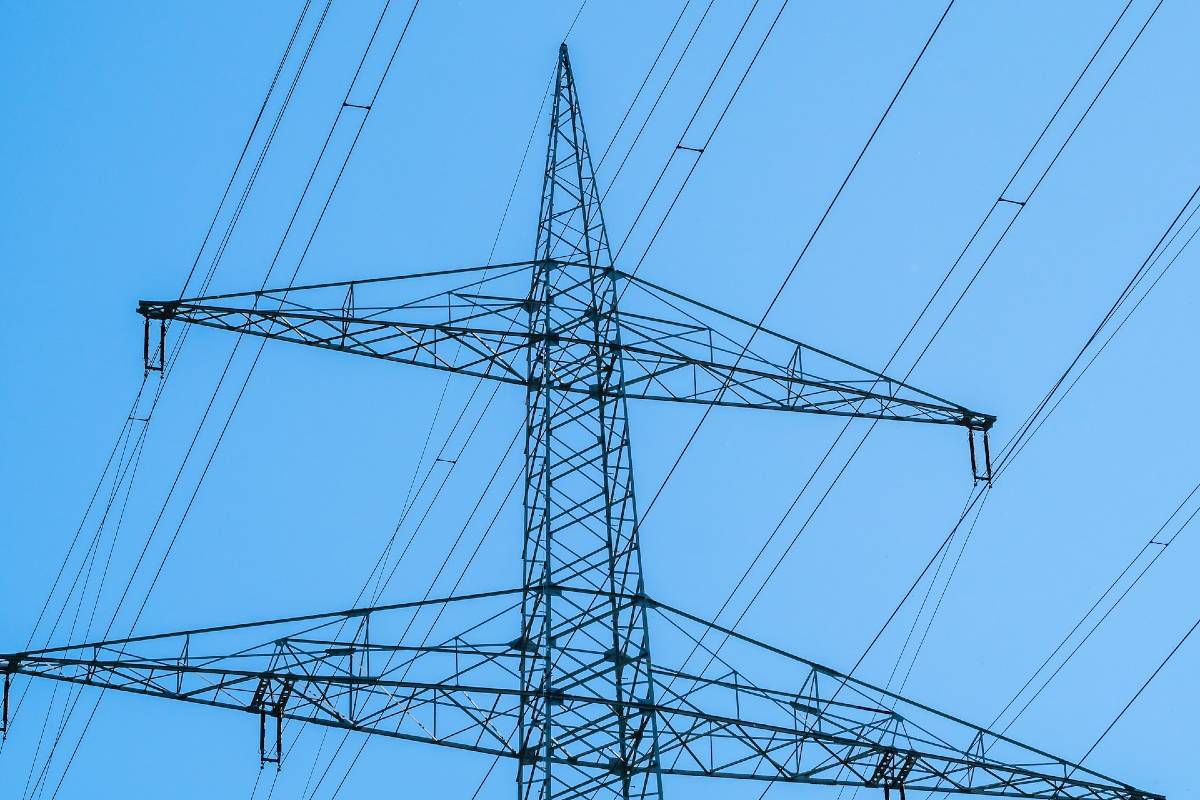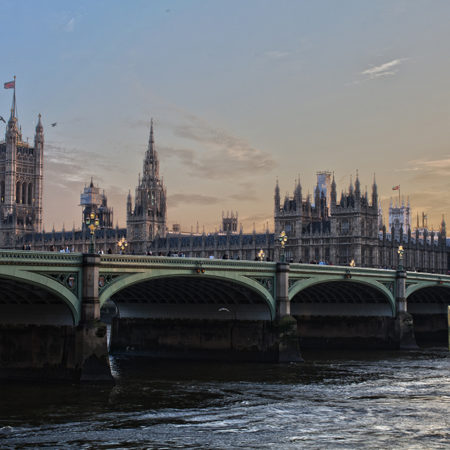The latest data from the Confederation of British Industry (CBI) highlights the extent to which businesses are concerned about soaring energy costs.w
Research from the UK business organisation shows that more than two-thirds of firms expect their energy costs to increase over the next quarter, with a third saying this will be a barrier to growth, stifling current or planned investment in energy efficiency or net zero measures.
To tackle the issues being faced, the CBI has proposed a three-point plan to support vulnerable consumers and businesses, and says it is set to work with new ministers to explore all options for navigating the crisis. The proposals prioritise measures that could be implemented at speed to cut costs and kick-start an energy efficiency drive to reduce demand.
The CBI’s proposals in detail:
To target support at those households and firms most in need, the UK government should:
- Urgently introduce targeted interventions for the most vulnerable households, through existing mechanisms like the Energy Bills Support Scheme
- Instruct HMRC to replicate Time to Pay flexibility granted during the pandemic to take account of energy price rises
- Launch a publicity drive around the recent extension to the Recovery Loan Scheme and commit to its expansion should evidence show this is needed
To help keep costs down, the UK government should:
- Announce a business rates freeze now for 2023/24. This would head off a business-as-usual approach that would otherwise see rates increasing with inflation, and piling additional pressures on firms when they can least afford them.
To kick-start an energy efficiency drive to reduce demand, the UK government should:
- Roll out an ambitious programme to improve energy efficiency by providing people with upfront financial support to help retrofit household insulation (through a new ECO+ scheme)
- Provide energy efficiency support for the most energy intensive sectors through an expansion to the Industrial Energy Transformation Fund
Matthew Fell, CBI Chief Policy Director, commented: “The impact of soaring energy prices is going to have serious consequences, not just for individuals but for the wider economy. We can’t afford to lose sight of the fact that many viable businesses are under pressure and could easily tip into distress without action.
“The guiding principles for any intervention must be to act at speed, and to target help at those households and firms that need it most. Firms aren’t asking for a handout. But they do need Autumn to be the moment that government grips the energy cost crisis. Decisive action now will give firms headroom on cashflow and prevent a short-term crunch becoming a longer-term crisis.
“With firms under pressure not to pass on rising costs, there is a risk that vital business investment is paused or halted entirely. That in turn could pose a real threat to the UK’s economic recovery and Net Zero transition.”























